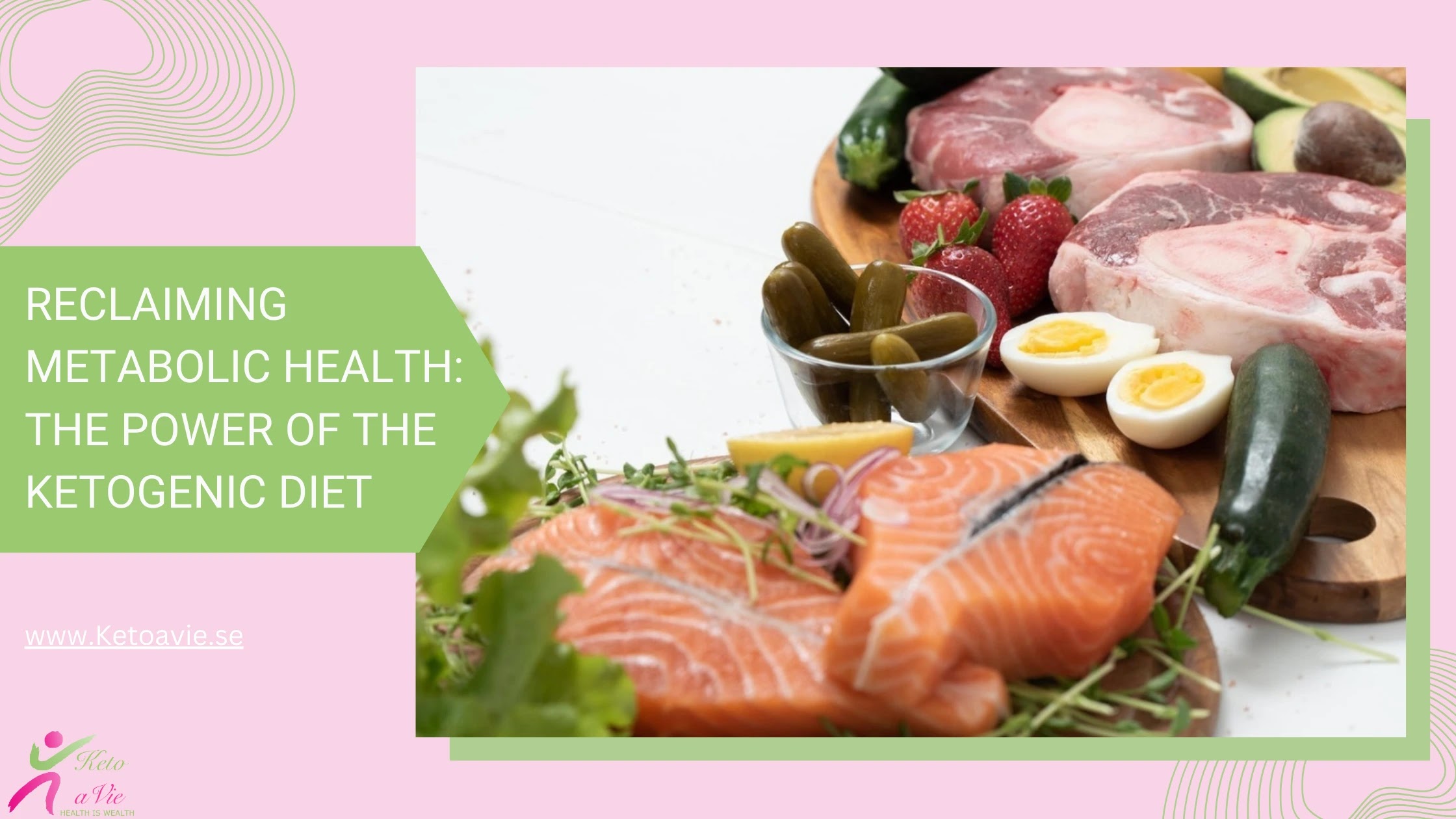Uric Acid Stones and the Ketogenic Diet: What You Need to Know
 |
Keto & Uric Acid Stones: Protect Your Kidneys Naturally |
Updated: November 2025 — Expanded with supplement strategies, hydration protocols, and new clinical references.
Many people starting a ketogenic diet or carnivore diet worry about an increase in uric acid or a flare-up of gout. This concern is valid — but the cause is often misunderstood.
In this article, you’ll learn:- Why uric acid may temporarily rise on keto
- Why it does not mean you should stop eating protein
- How dehydration, not protein, is usually the trigger
- How to prevent kidney stones on a low-carb lifestyle
- The best supplements to support kidney health
Why Uric Acid Rises on Keto (And Why It’s Usually Temporary)(*)
Most people assume that eating more animal protein increases purines, which then raises uric acid.
But here's the important truth:
Uric acid increases not only from purines — it also rises from sugar, especially fructose.
When people start a keto or carnivore diet, they dramatically reduce:- Fructose
- Refined carbs
- Sugar
- Processed foods
This major reduction often leads to:
✔ Lower uric acid
✔ Less inflammation
✔ Improved metabolic health
So why do some people still see a spike?
The Real Mechanism: Insulin, Sodium, and Dehydration
When you switch to keto, insulin drops significantly.
Here’s the chain reaction:- Insulin helps the kidneys excrete sodium.
- When insulin drops on keto, sodium is lost rapidly.
- Sodium loss pulls water with it → this causes mild dehydration.
- Dehydration concentrates uric acid in the blood → showing a temporary rise.
“You’re not producing more uric acid — it just becomes more concentrated.”
This is why hydration and electrolytes are crucial during the first weeks of keto.
How to Avoid Uric Acid Spikes When Starting Keto
1. Stay properly hydrated
Not just water—water + electrolytes (especially sodium) are essential.
2. Don’t fear healthy fats
Fat provides energy without stimulating insulin.
“Protect your protein with fat” helps balance digestion, satiety, and hydration.
3. Reduce fructose and sugary foods consistently
Even “cheat meals” can spike uric acid for 24–48 hours.
4. Add minerals if needed(*)
- Sodium (salt)
- Potassium-rich keto foods (avocado, leafy greens)
- Magnesium
These help maintain fluid balance and support kidney function.
5. Monitor uric acid if you have a history of stones or gout
A temporary rise is normal, but if levels remain high, adjust hydration or protein ratios.
Supplements That Help Prevent Kidney Stones
In addition to dietary changes, certain supplements can support kidney function and reduce stone formation.
#1 Magnesium
Magnesium plays a vital role in preventing uric acid stones by regulating urinary pH and limiting crystal formation.
Magnesium citrate or magnesium malate are excellent options.
Consult your healthcare provider before starting.
#2 Potassium Citrate
Potassium citrate increases urinary citrate, helping to prevent the crystallization of uric acid.
It alkalizes urine naturally and is widely used to prevent kidney stones.
Dosage should always be personalized by a professional.
#3 Vitamin B6 (Pyridoxine)
Vitamin B6 reduces oxalate in the urine, which indirectly helps prevent uric acid stones.
This is especially helpful for individuals prone to multiple stone types.
#4 Omega-3 Fatty Acids
Omega-3s reduce inflammation and support kidney health.
While not specific to uric acid stones, they help lower systemic inflammation, which benefits the urinary system overall.
#5 Curcumin
The active ingredient in turmeric, curcumin, offers antioxidant and anti-inflammatory benefits.
It may reduce stone formation by limiting crystal growth.
#6 Herbal Remedies
Certain herbs promote kidney health and urine flow:
- Nettle leaf
- Dandelion root
- Chanca piedra ("stone-breaker") — studied for potential stone-dissolving effects
These can be used as teas or supplements.
Bottom Line
- Reduce inflammation
- Stabilize insulin
- Support kidney function
- Lower the risk of stone formation
By focusing on nutrient-dense, low-sugar foods and using supportive supplements like magnesium, potassium citrate, vitamin B6, omega-3, and herbal remedies, you can protect your kidneys and promote a healthy urinary system.
Always personalize your approach.
Everyone has a different metabolism and medical history.
Work with a healthcare professional to choose the right nutritional and supplement plan for your needs.
Take Charge of Your Kidney Health
- Follow a clean ketogenic diet
- Stay properly hydrated
- Use targeted supplementation
- Avoid excessive sugar or “cheat days”
- Listen to your body
By doing this, you can significantly reduce your risk of kidney stones and maintain optimal kidney health.
Enjoyed This Blog? Stay Connected
If you found this information helpful on your ketogenic journey, follow my blog for more science-based guidance on ketogenic nutrition, metabolic health, and hormone balance.
📘 Your Practical Guide to Insulin Resistance & Hormonal Balance
Struggling with energy crashes, period problems, or weight that won’t budge?
I created a comprehensive digital guide just for you—especially if you're a woman dealing with metabolic dysfunction
What’s inside:
✔️ A fully structured 30-day plan
✔️ Food, mood & digestion tracking sheets
✔️ Weekly meal plans and keto shopping lists
✔️ Exclusive educational videos
✔️ Tools to overcome keto flu and stay motivated
🛒 Get your copy now or find it through my bio on Instagram: @ketoavie
🎯 Real change starts with one small step—this is yours.
Let’s take it together.
💌 Contact: info@ketoavie.se
🌐 Website: www.ketoavie.se
📲 Instagram: @ketoavie
📘 Facebook: Ketoavie
🛒 My Favorite Wellness Picks
💚 Save on supplements: Use iHerb code DWN2454 at checkout
🛍️ Browse my top products: Amazon Favorites



Comments
Post a Comment